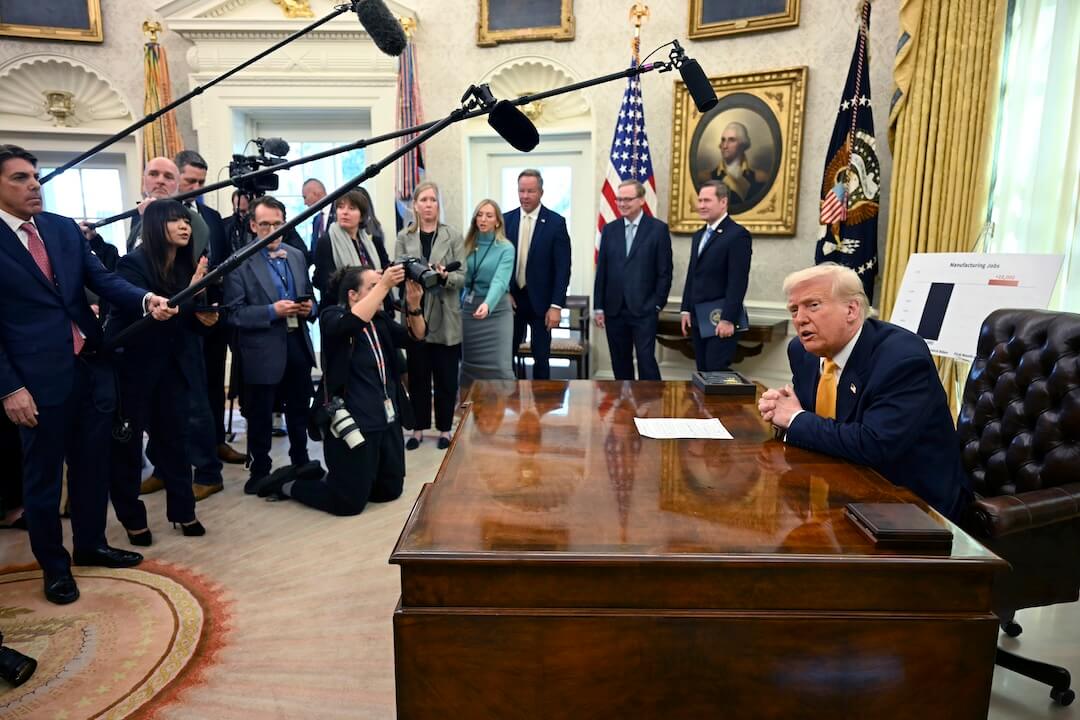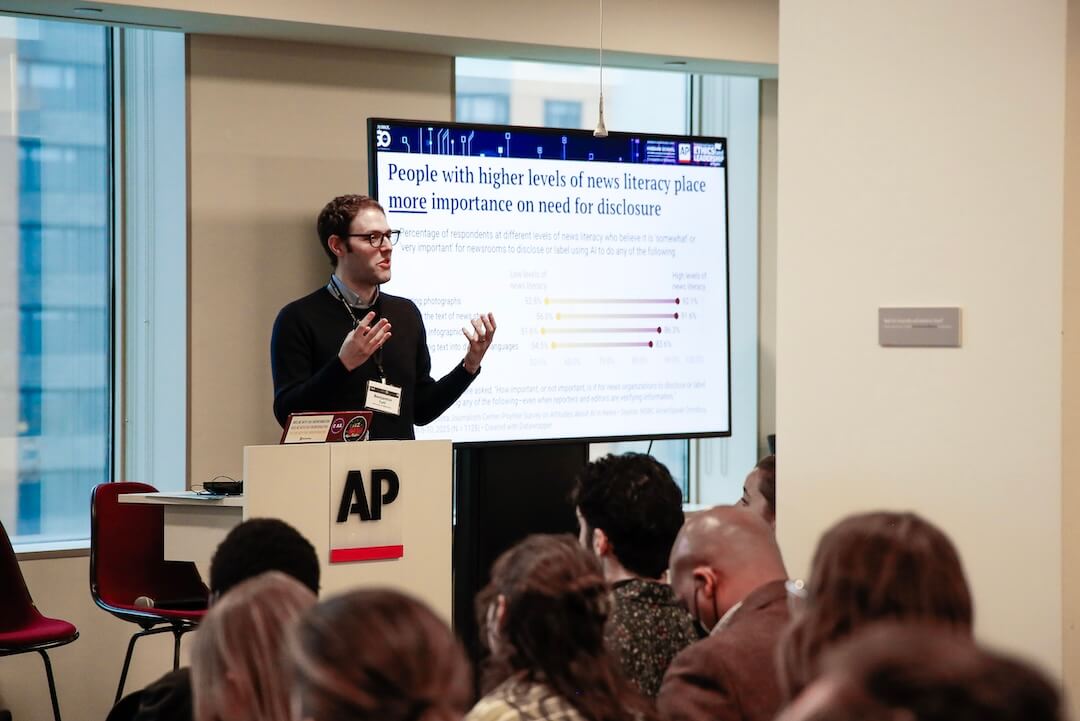After Gwen Ifill died on Monday at the age of 61, I read the announcement from the same place I get all my news: Twitter. I was scrolling through my feed during a few minutes of downtime between classes.
Before I knew it, I was sobbing uncontrollably. Just when it seemed like I was getting accustomed to the new normal (the one in which Donald J. Trump becomes President of the United States as I prepare to launch my journalism career), the world lost one of the greatest journalists America has ever known, and I lost my ‘shero.’
My family came to this country from Nigeria when I was quite young — 2 years old, to be exact. In my mother’s quest to push my siblings and I closer to the American dream, she made sure we watched Ifill on “Washington Week,” as well as the other weekend news shows she appeared on. I remember objecting at first to having my TV watching time taken up by news, but something about Ifill struck me.
To this day, I can’t quite tell if it was her poise, her sharp wit, her calm or her unflinching resolve when questioning high-profile political officials that turned me into a lifelong fan. My mother would often tell me, “See how she carries yourself? You need to work on carrying yourself like she does.”
I didn’t disagree.
Years later, in 2015, I jumped at the chance to attend a live broadcast of “PBS NewsHour.” I was in a critical place in my life: After spending the first two years of college (and high school) convinced that I would become an attorney, I began falling for journalism.
Hard.
Even as I walked into WETA studios in D.C., I struggled to embrace what I knew I wanted and confront the inevitable pushback from both friends and family about the difficulty, instability, and less than stellar pay journalism is known for. Then I met Ifill.
I bumped into her by the water fountain and shrieked — we were told earlier that we would not get a chance to meet her or her co-anchor, Judy Woodruff. As syllable after high-pitched, unintelligible syllable escaped my mouth, Ifill was unfazed and reminded me to breathe and take my voice down to a normal octave. Her eyes filled with intrigue once the WETA crew told her my story: budding journalist, but still on the fence.
“You better go for it,” she said with a straight face and eyes that pierced mine.
“Yeah?”
“Yeah.”
After the taping finished, we walked around the set where all the magic happened. Upon detecting mischief, Ifill gave me a stern look and told me not to sit in her chair, followed by a hearty chuckle and a “just kidding.”
“Soak it all in,” she told me once I was in the seat.
I took a deep breath in and exhaled all my fears, anxieties and self-doubt. I was going to do this.
And I did. Slightly more than a month later, I published my first investigative piece on the racial disparities in speed camera placements in Chicago and became a contributing writer for a few smaller publications. A few months later, I landed a reporting internship with a major news publication. After that, I signed my first contract as a freelancer. All because Ifill was willing to give a young girl who looked like her a courage boost when the rest of the world would not.
Did she do it just to be nice, or did she actually see something in me?
Did she do it because she understood the barriers to entry Black women in political journalism often face?
Maybe she did it to get me out of her hair so she could have a moment of peace before starting the show. Whatever the reason, I’ve been able to thrive because of it.
But now I must face a hard reality: Contrary to what I hoped, I will never run into her at an NABJ conference, tell her all I’ve done since meeting her and thank her properly for having a monumental impact on my life.
Naturally, my mother was the first person I spoke to after hearing the news. She knew how badly it would affect me before I opened my mouth.
“Allow yourself time to grieve…it’s going to be alright,” she told me through a text.
After spending my Tuesday afternoon alternating between some of Ifill’s “greatest hits” as a newscaster and reading updates about the president-elect’s possible Cabinet picks, I took a deep breath.
Then, I exhaled the grief, shock and sadness that overwhelmed me upon hearing of Ifill’s passing. What replaced it was a sense of profound gratefulness and a new fire to continue her legacy of using journalism to bring light to issues far and wide, while holding those in power accountable.
The work continues, and so do I.






